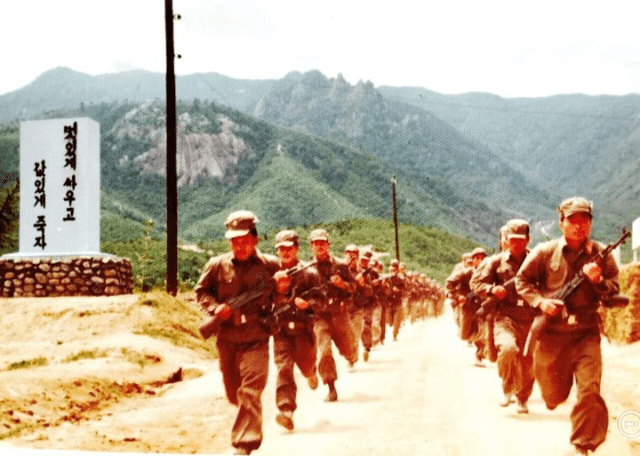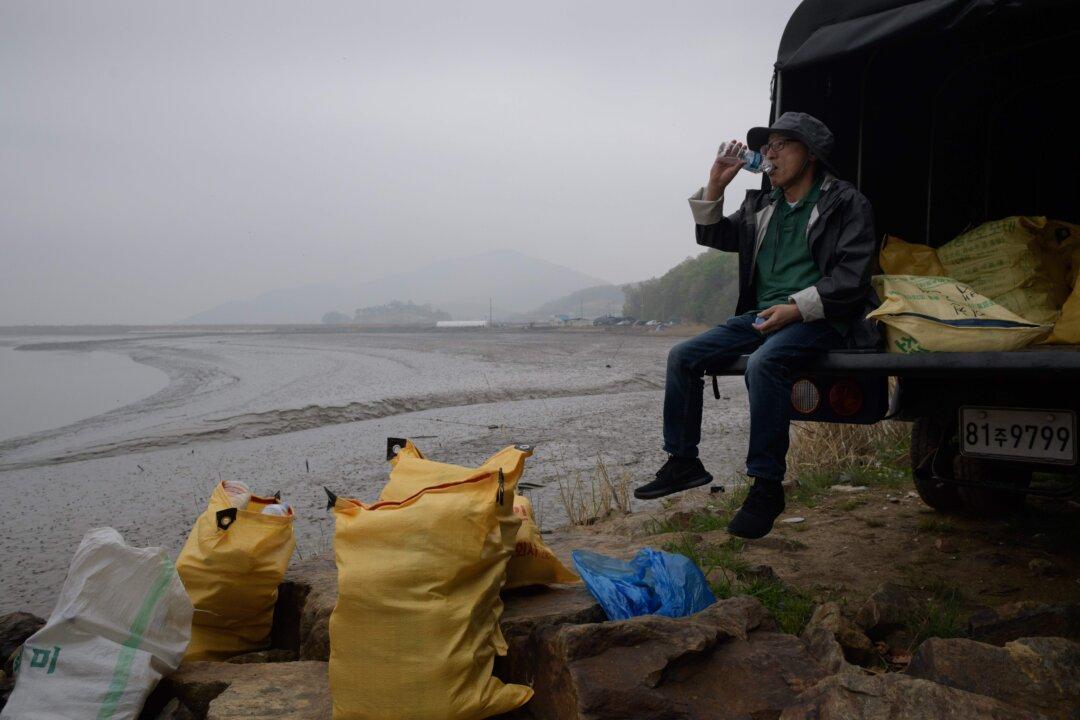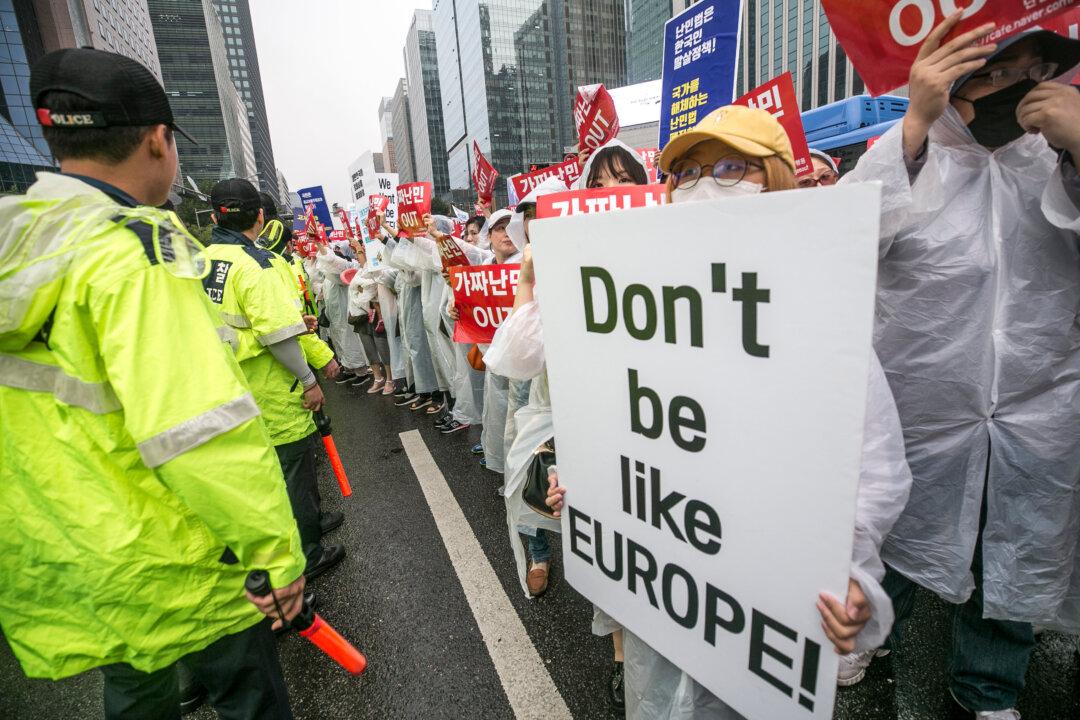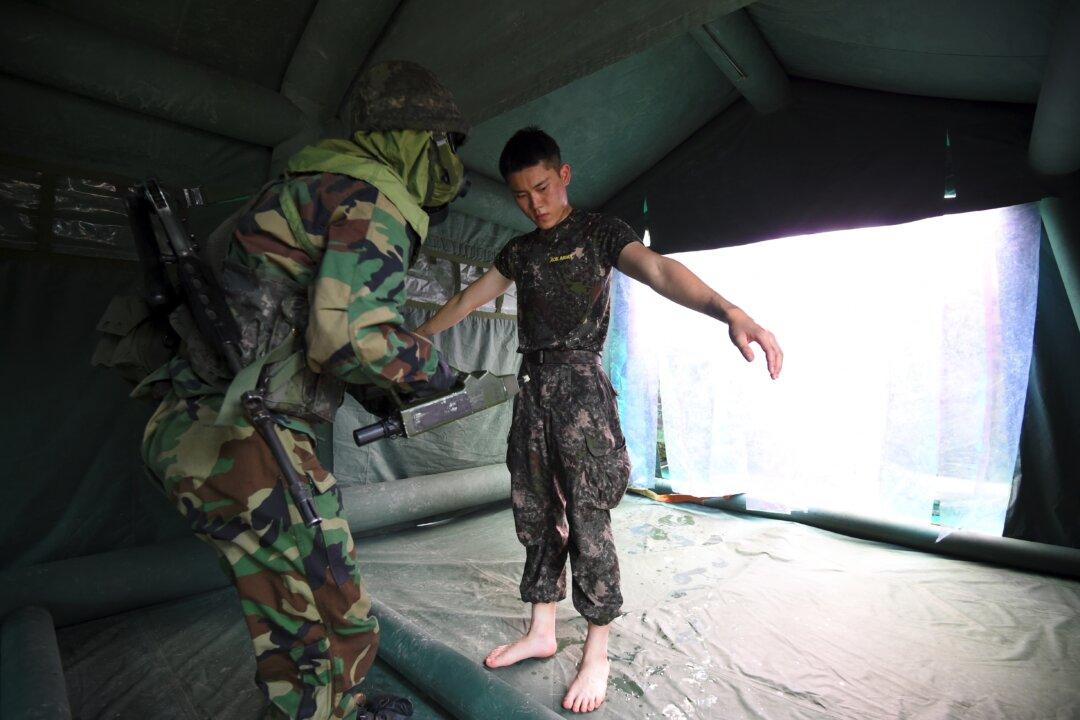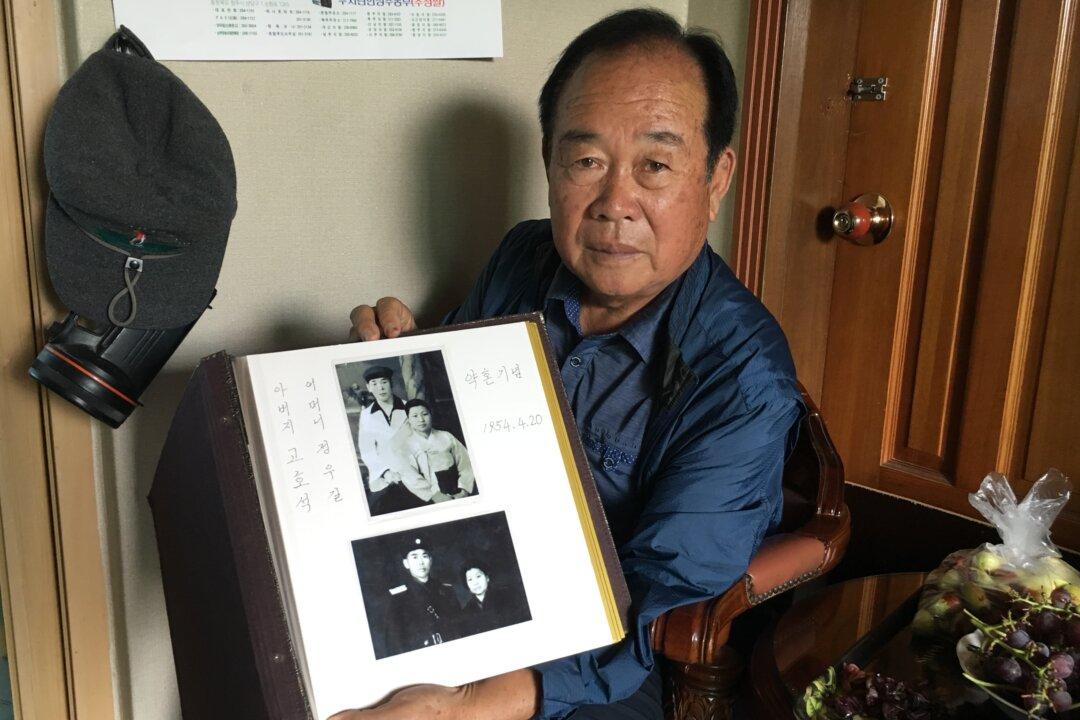SEOUL, South Korea—It was the fall of 1969. Having planted four Claymore mines on a road about a mile and a quarter north of the inter-Korean border, Kim Sung Kil, from South Korea, was waiting in ambush for North Korean soldiers escorting a two-star general from the Soviet Union.
At about 5 a.m., the sun had risen, and 24 North Korean soldiers were making their way alongside three cars, one of which was transporting the general. Kim pushed a button to detonate the mines.
